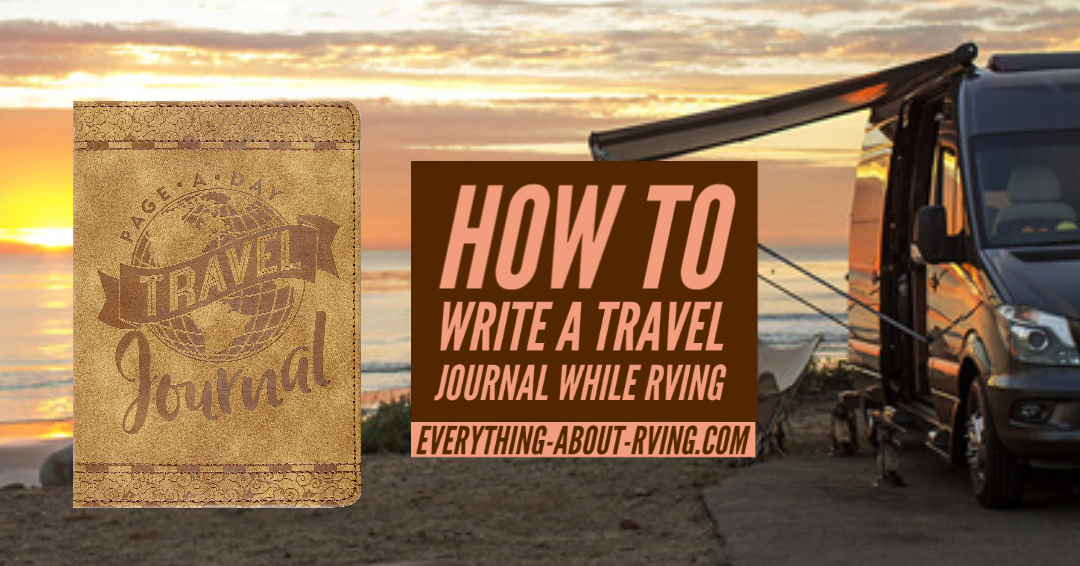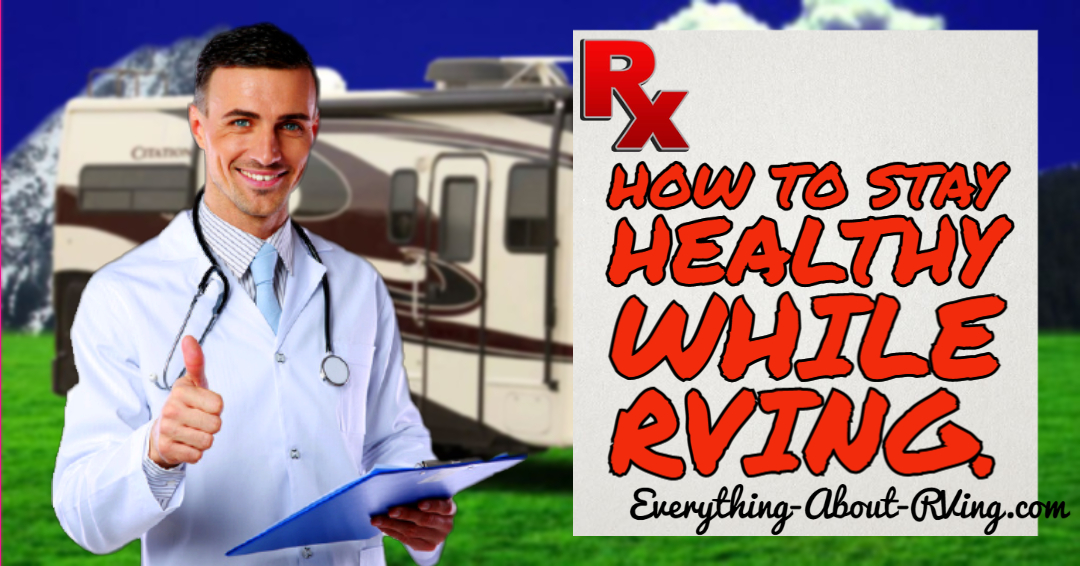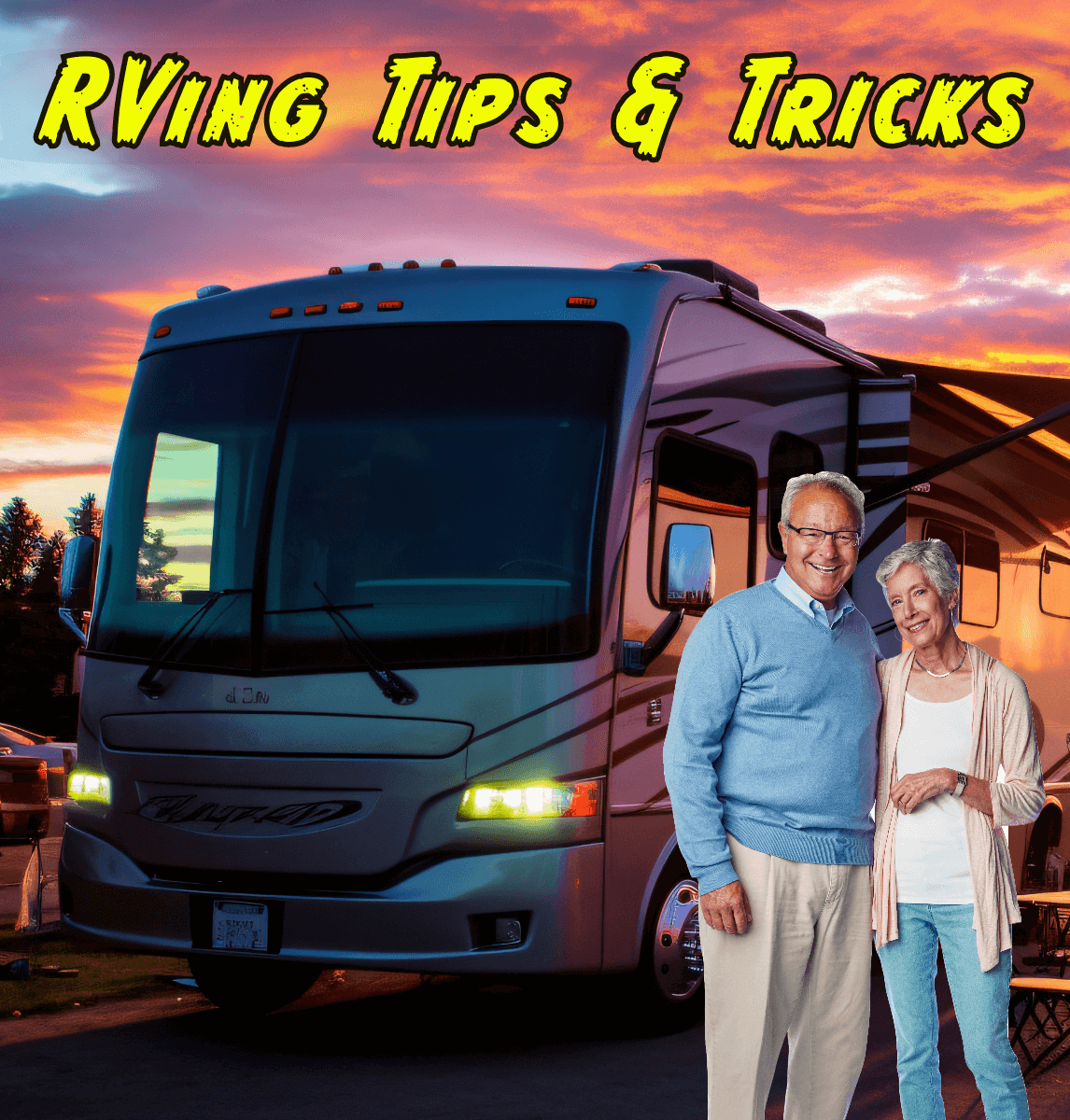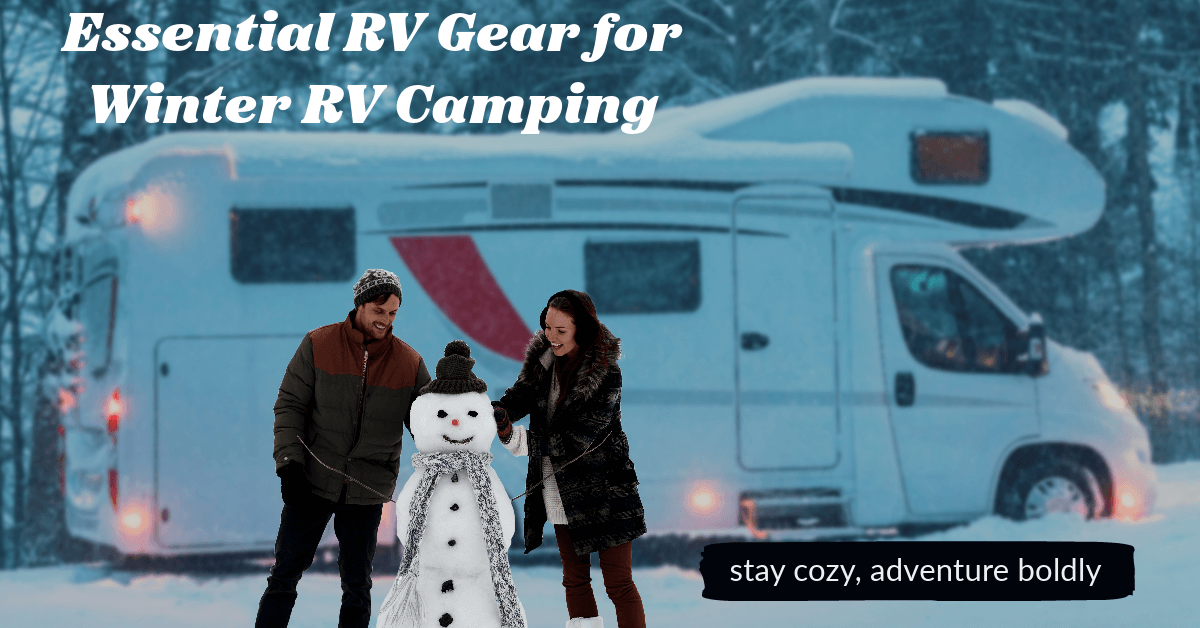The Beginner's Guide on Owning an RV
We will be talking about the basics of upkeeping your RV and everything else in between
Have you always dreamed of buying an RV? Embarking on an epic road trip across the country? Seeing everything that it has to offer from the comfort of your own home? Us too. However, there are some things that every RVing enthusiast should know before investing in a RV. Though these vehicles are great fun, They do require some maintenance. We will be talking about the basics of maintaining your RV and everything else in between. If you are the owner of a brand-new motorhome and need a little bit of guidance, then this is the perfect article for you.
Learn the Ropes
Before embarking on an adventure in your new RV, you need to learn the ropes or you might end up stranded in the middle of nowhere without a clue how to operate your vehicle. We recommend staying in your new RV overnight while you’re still close to your home. This will help you to familiarise yourself with your RV and learn how to use the various controls and accessories. For instance, it could take you a little time to figure out how to setup the RV for the night, or you might need to get used to driving your motorhome before travelling anywhere far.
Packing the Essentials
Primarily, RVs are used for road trips and vacations. They’re perfect for people who want the freedom to go wherever they want and be entirely self-sufficient. Of course, this does mean you need to equip your RV with all the essentials before setting off on your travels. But what exactly should you pack in your RV? For starters, you’ll need cookware for preparing meals. You will also need bedding and bathroom supplies. Don't forget the outdoor chairs and barbeques, so you can grab some fresh air while camping.
Going Lightweight
It is important not to overload your RV. Every RV has weight limitations. If you overload your RV it can become unsafe to drive. Carrying too many items will cause your motorhome to become cluttered. Too much weight will also reduce your RV's fuel mileage. Fortunately, there are some lightweight alternatives to regular items which can help with this. For example, melamine dishware is perfect for camping, and microfiber towels are lighter and dry faster than other materials.
Regular Check-Ups
Don't Miss New Year Savings! Good Sam Travel Assist Plans Starting at $59.95! Learn More!
You don't want to become stranded due to mechanical issues with your RV, So it is very important that regular maintenance get done to keep your RV in top shape. Your RV's Owner's Manual has all of the required maintenance listed. If you do need repairs an auto repair shop like Campanellas is best for those who want safe, reliable and affordable service. This is because their customer testimonials speak for themself and show the quality service being offered, so when you’re looking for a shop in your area be sure to read the reviews first as they’ll give you a true insight into how reliable they are.
Short Showers
The average hot water heater tank in a recreational vehicle only holds around 6 - 10 gallons of hot water. So, you can’t really afford the luxury of showering for 20+ minutes like you would do at home. You must conserve water wherever you can. But how? We advise turning the shower on and off at intervals. Use a short burst of water, then stop the water source while lathering up. Then turn the water back on and quickly rinse off. If you’re parked in a campground, you might want to use their showers.
If you want to take longer showers, you can always install a tankless water heater in your RV. A tankless water heater provides unlimited hot water to your RV's shower.
Conserving Electricity
You need to be mindful of how much electricity you’re using in your RV, too. Most RVs are fitted with a ‘House Batteries’ which are used for your RV's interior lighting and the RV's electrical accessories. This House battery system gets charged when you drive the RV as well as when you are plugged into electric at an RV Park or at home. Regardless, you need to watch how much electricity you’re using, especially when on the road. Don’t have too many appliances plugged in or running at once. Invest in some low power gadgets. For example, a domestic electric kettle will probably trip out your battery. Instead, you should use a kettle which you heat on the stove. Avoid hair dryers, microwaves and toasters, unless you are plugged into an RV park electrical connection.
Planning Your Routes
Though you might like the idea of going wherever your wanderlust takes you, this is a recipe for disaster when travelling in an RV. As we’ve mentioned before, you only have finite resources in your RV. You need somewhere to top them off consistently between your daily journeys. This means you should go to campgrounds whenever possible and plan them into your routes. If you are using a GPS unit in your RV, keep in mind that not all GPS units are setup to show width and height restrictions which RVers need. Their are GPS units specifically designed for RVers.
Bring Your Toolkit
You never know what might happen when you’re travelling in your RV and so you should prepare for whatever could be thrown your way. We advise bringing a toolkit. Don’t forget to pack supplies for emergency breakdowns, too. This includes flares, jumper cables, etc. A first aid kit is a must.
We hope you have found this article helpful.
Do you have any suggestions or comments on this topic? You can add them to this page by using the comments section located below.




